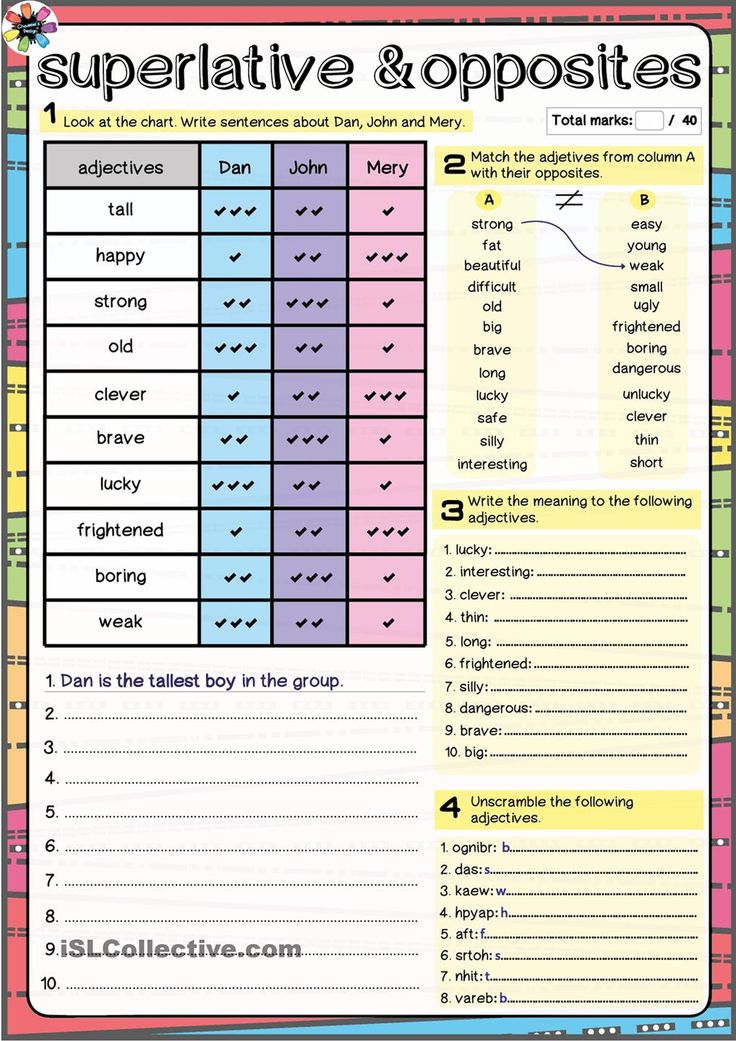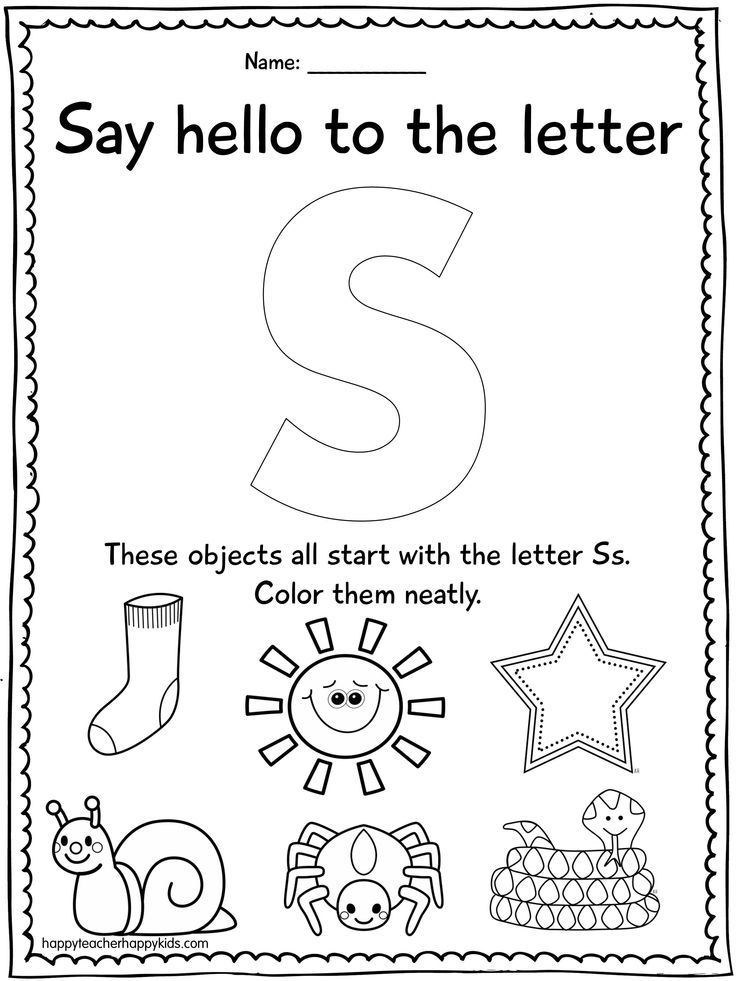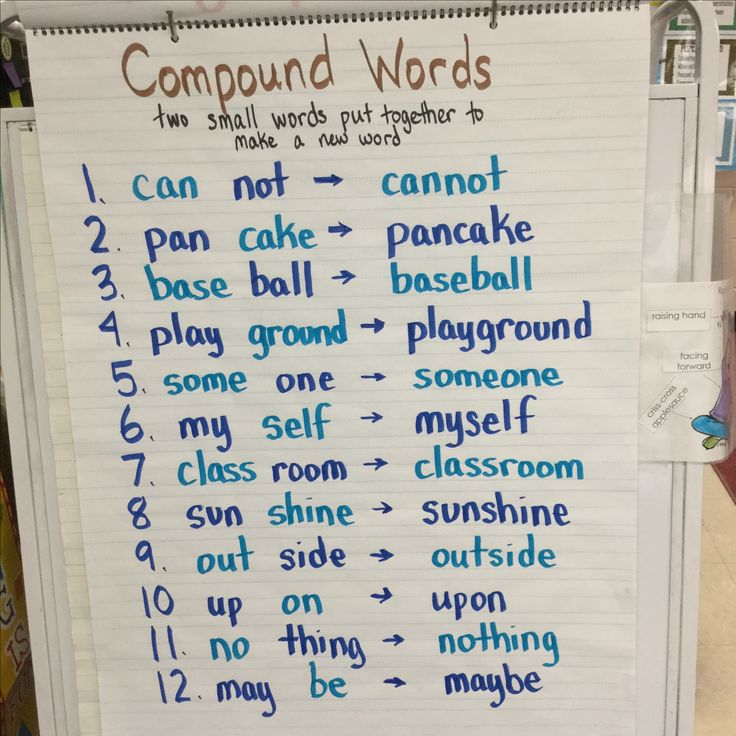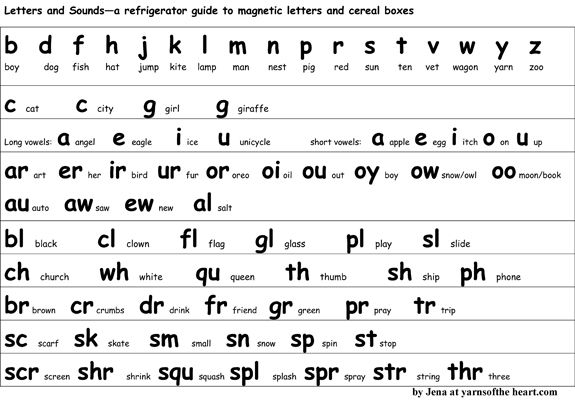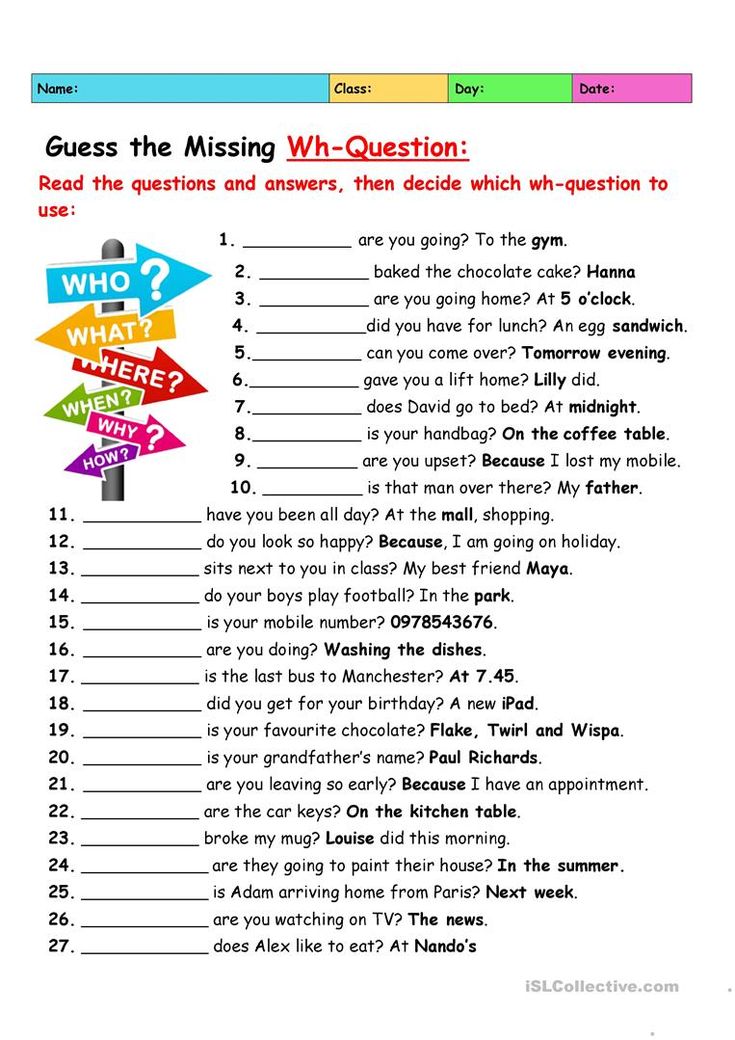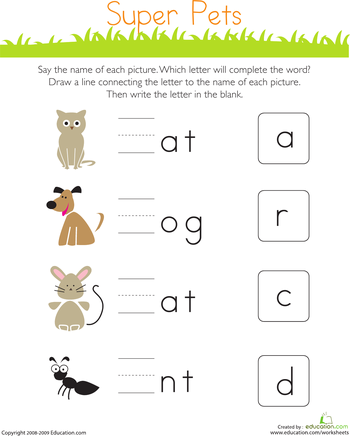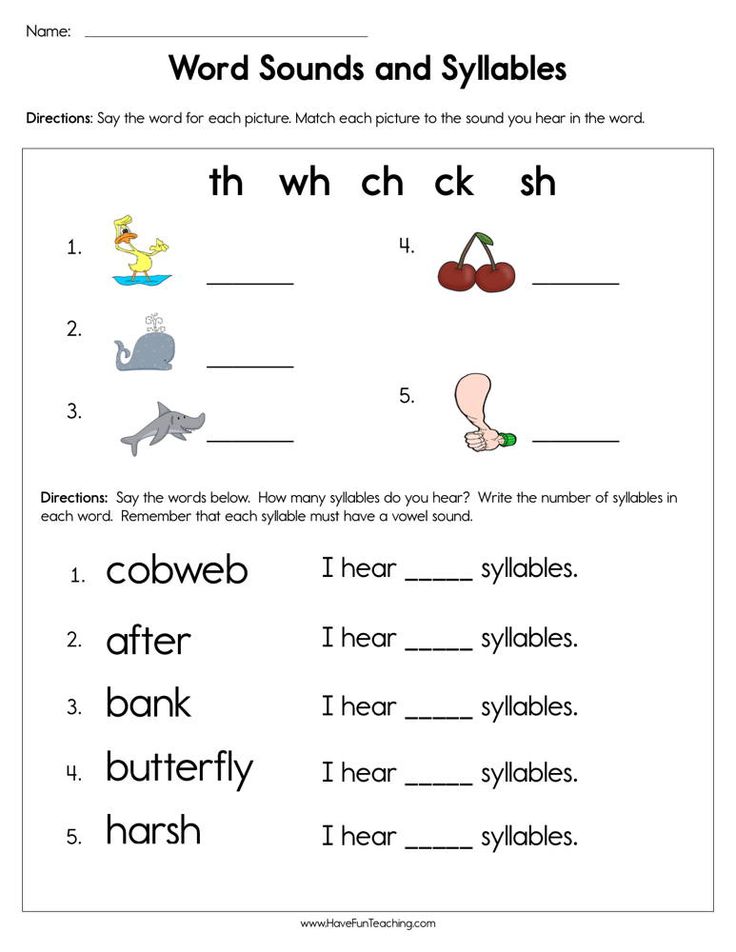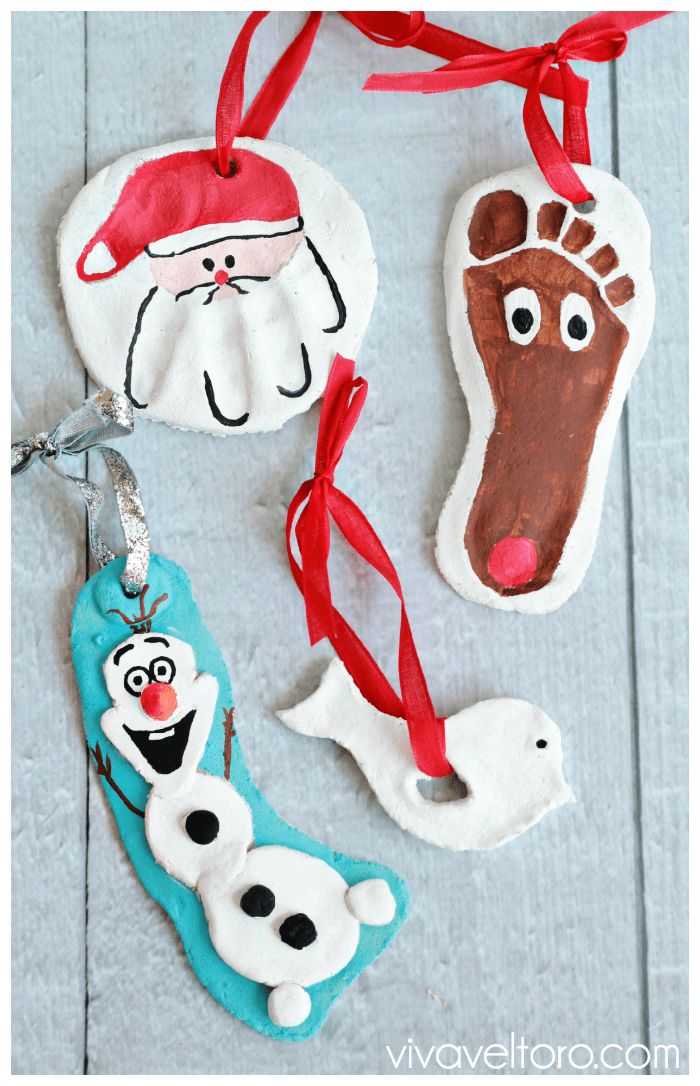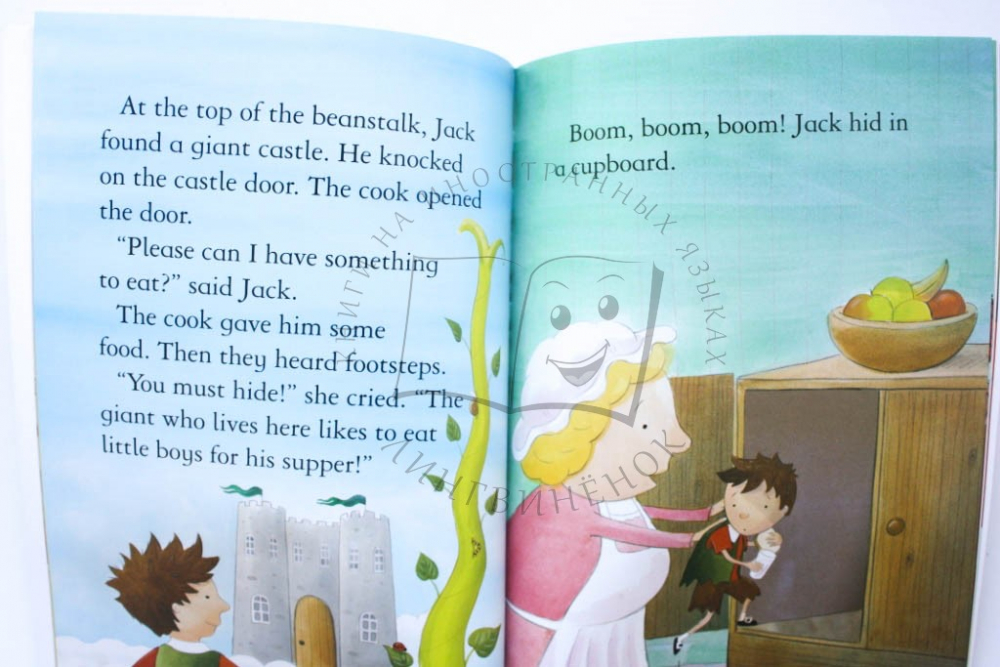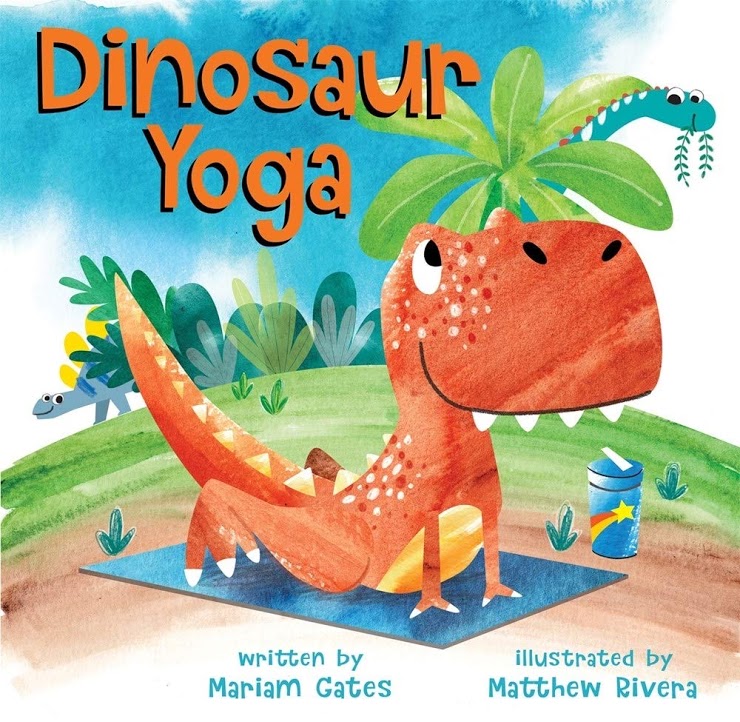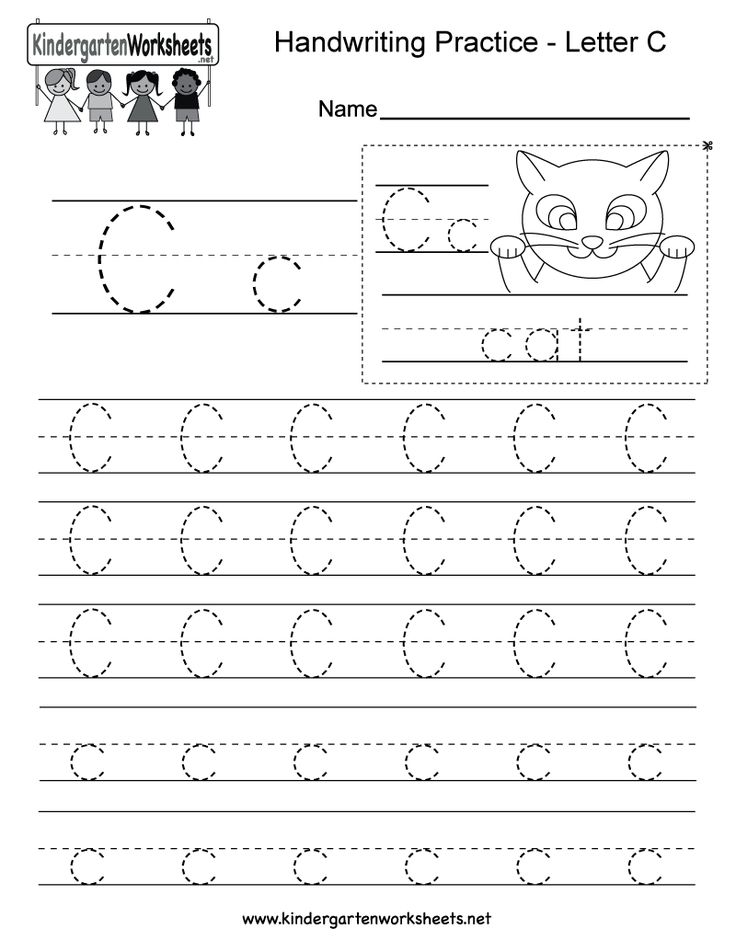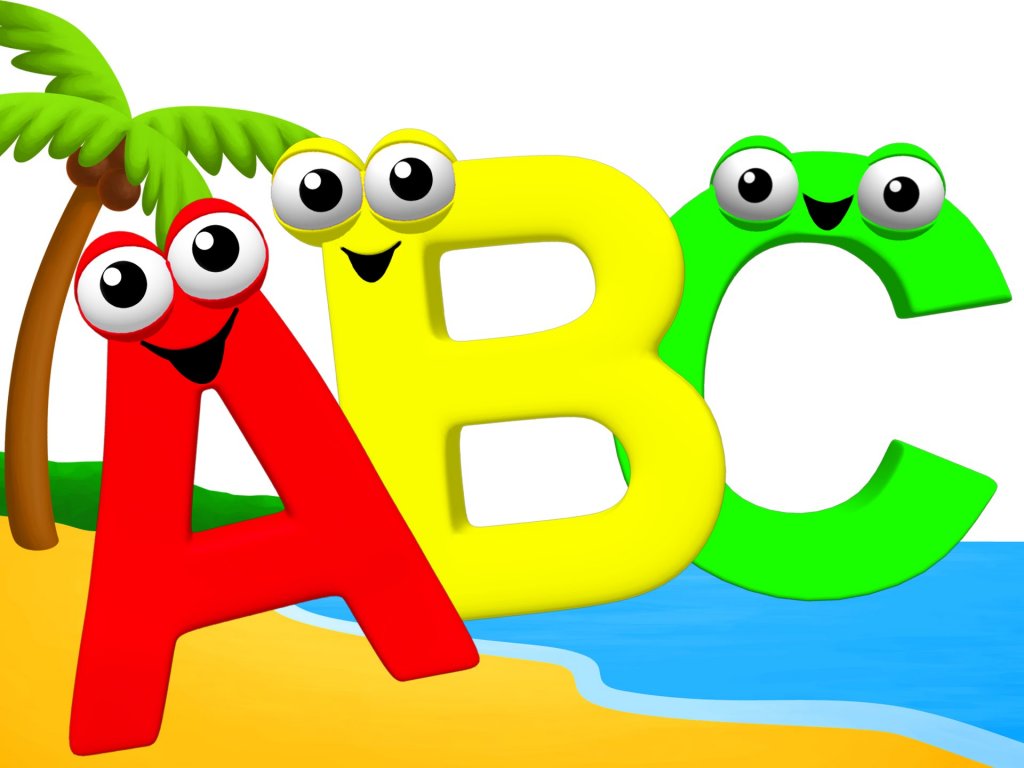Teaching about adjectives
11 Classroom Games for Teaching Kids About Adjectives
Traditional language teaching often focuses on repetition and rote learning, but children want to learn through experience and engagement. Discover how you can make learning fun with these exciting and easy adjective-based language games.
1. Introduce yourself
A good game to play at the start of the school year, the teacher can go first and then ask students to do the same. Standing at the front of the classroom, students introduce themselves to the class by describing qualities about themselves – for example, “I’m curious, cheerful and tall.”
2. Adjective match
Create a deck of cards with different adjectives written on each card. You’ll also need some images (pictures from magazines, travel brochures etc) that can be described by adjectives. Now here’s how the game works:
- Each player chooses an image.
- Deal four cards to each player.
- If the player can describe the image with all four cards they win.
If not, then discard a card and choose a new card from the pile.
- Play continues until a winner is found.
3. Noun showdown
Divide the class into two or more teams, then write a noun on the board or show it as an image. Teams have a minute to write down as many adjectives as they can. Teams get a point for every adjective that is appropriate. A fast, fun game that students love!
4. Show and tell
Students bring objects from home and describe them front of the class. The teacher takes notes of all of the different adjectives the student uses to describe the object. These can be displayed around the classroom later or the teacher can quiz the class on what adjectives were used after each presentation.
5. Describing the day
Like show and tell, have students come to the front of the class and use adjectives to describe their day so far. Lead them with prompts like:
- Describe your morning so far.
- Describe what you had for lunch.
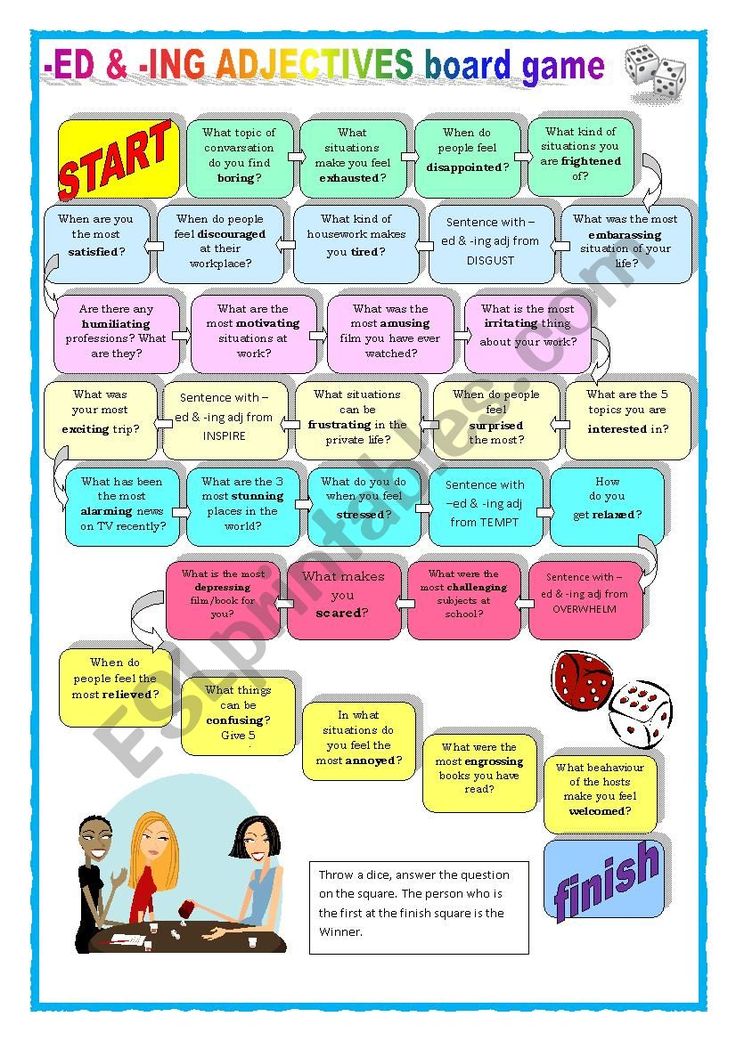
- Tell us about your maths class.
Try to guide students into giving descriptive opinions. Afterwards, quiz the class on aspects of the tale. “What adjectives did Rachel use to describe maths class?” etc.
6. Riddle game using adjectives
This is a fun game that tests student’s creativity and understanding using adjectives. Have students come up with ‘Who am I?’ riddles using adjectives to describe animals, people, vehicles and other nouns. Have them read the riddles out to the class (or in small groups) and see who can solve the riddle.
7. Circling the adjectives on favourite stories
There are a few ways to do this fun game that can be played in a group or during quiet time. Teachers can print out samples from student’s favourite stories or write them on the board. Encourage students to read through the story, circling adjectives as they go. The best thing about this exercise is its versatility, easily slipping into any lesson plan.
8.
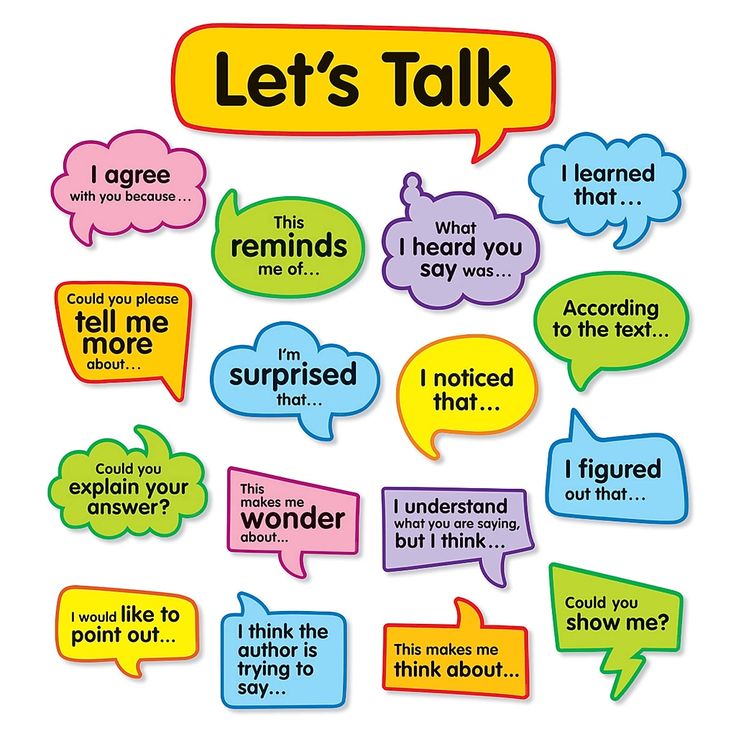 Lucky dip
Lucky dipThe teacher places different objects in a bag. Students are invited to come up and feel one of the objects, describing what it feels like. The rest of the class tries to guess what the object is based on the adjectives used.
9. Fishing for adjectives
This game requires a bit of prep, but is hours of fun and can be reused for other word groups like nouns and verbs. You’ll need a deck of flashcards, some magnets and a fishing rod. Here’s how to play:
- Write a noun, adjective or verb on each card. The words need to be clearly readable from a short distance.
- Attach paper clips to each card.
- Attach another magnetic clip to a children’s fishing rod.
- Scatter cards face up on the floor.
Encourage students to ‘fish’ the adjectives from the pile, with students taking turns controlling the rod. They’ll need to distinguish between the adjectives and non-adjectives before they can fish one out. Once they correctly fish out an adjective, you could also ask them to name an object that could be described using that word.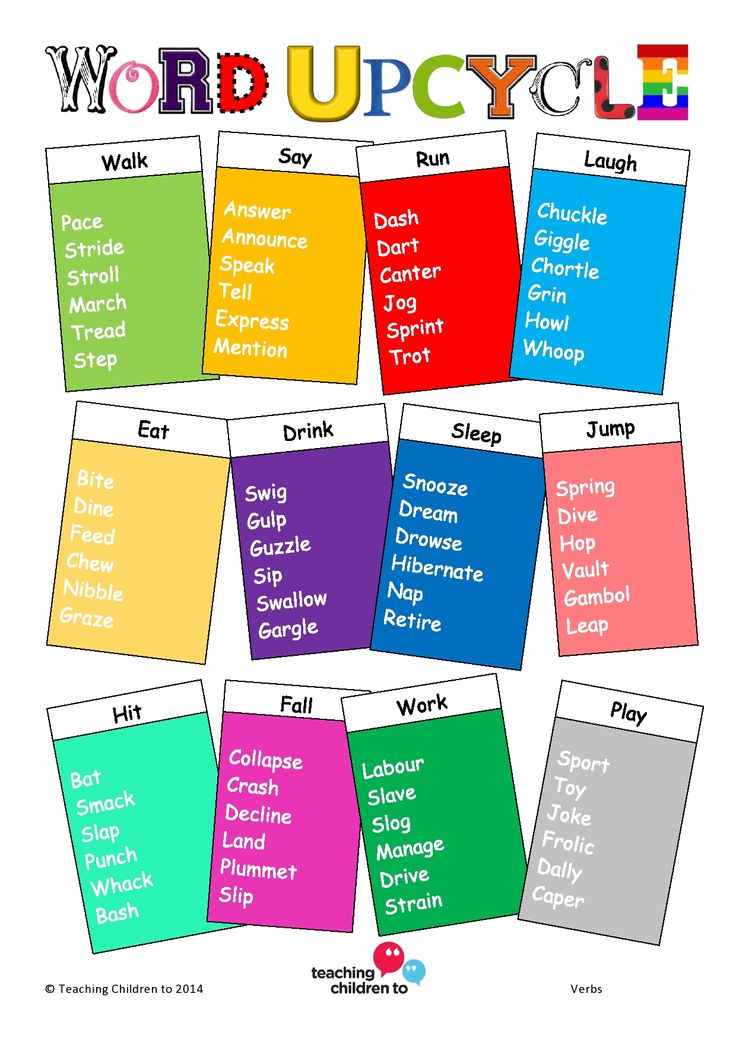
10. Describing your partner
Pair students up and ask them to describe each other. This can be a great exercise and also a great activity for teaching children positive social interactions, focusing on positive aspects of their classmates and developing empathy and sensitivity to one another.
11. Describing people
From a magazine collection, ask students to use adjectives in describing the various people on the pages. Try to vary the magazines and subjects. You can also move away from people to things (cars, boats etc).
Keeping students engaged
Educational games are effective because often students don’t even realise they’re learning while playing. Many are also versatile and can be tweaked or repurposed to use for other subject areas. Through games like these you can create a fun learning environment for your students that’ll help them pick up the difference between adjectives and other kinds of words in no time.
How to Teach Adjectives - Mama Teaches
Share with your friends!
3 shares
- Share
- Tweet
Slippery, slimy, scrumptious, sugary…adjectives are delightful! Learn how to teach adjectives and apply that knowledge to grammar and writing.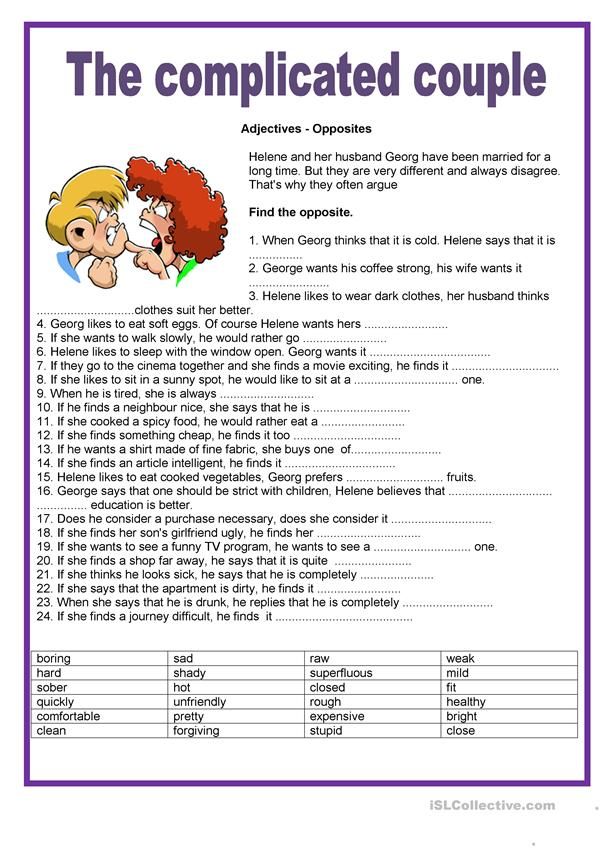
Our entire language is made up of only eight parts of speech, so each one is critical.
Adjectives are magical in that they transform ordinary nouns and pronouns into vivid mental pictures.
We’ll tell you all you need to know about how to teach adjectives to your students.
What Are Adjectives?Adjectives are words that modify nouns or pronouns. They can do these three ways: by describing the noun/pronoun (the delectable chocolate), quantifying it (three chocolates or some chocolates), or limiting it (that chocolate).
You can identify an adjective by thinking about the question it answers. An adjective answers one of these questions:
- What kind?
- How many?
- How much?
- Which?
- Whose?
Language is complicated, and as you can imagine, you can deep dive into the nitty-gritty of adjectives.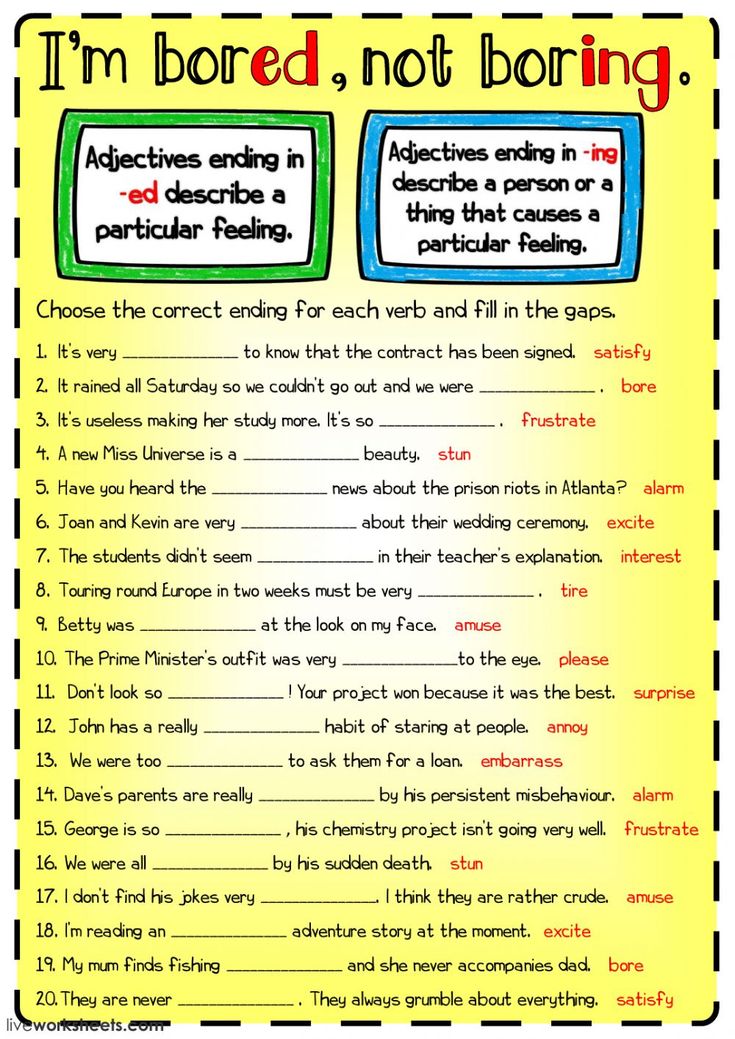 Elementary (and even middle school) students don’t need the fine points of linguistics, but they do need to know the basic types of adjectives.
Elementary (and even middle school) students don’t need the fine points of linguistics, but they do need to know the basic types of adjectives.
Keep in mind that children do not have the vocabulary of adults. They will benefit from having a running adjective list to provide choices and examples.
Adjectives of Quality
These are the adjectives that answer the question, “What kind?” They are the easiest adjectives to identify because they are the ones connected to our senses. For example, What kind of marshmallow? A toasted, gooey, sugary marshmallow. These three adjectives are adjectives of quality.
Adjectives of Number
Adjectives of number answer the question, “How many?” These could be a specific number, as in, “I ate twelve marshmallows,” or an indefinite number, “I ate some marshmallows.”
Adjectives of Quantity
Adjectives of quantity answer the question, “How much?” Although they seem very close to adjectives of number (and some of them are the same), they specify an amount that is not readily countable.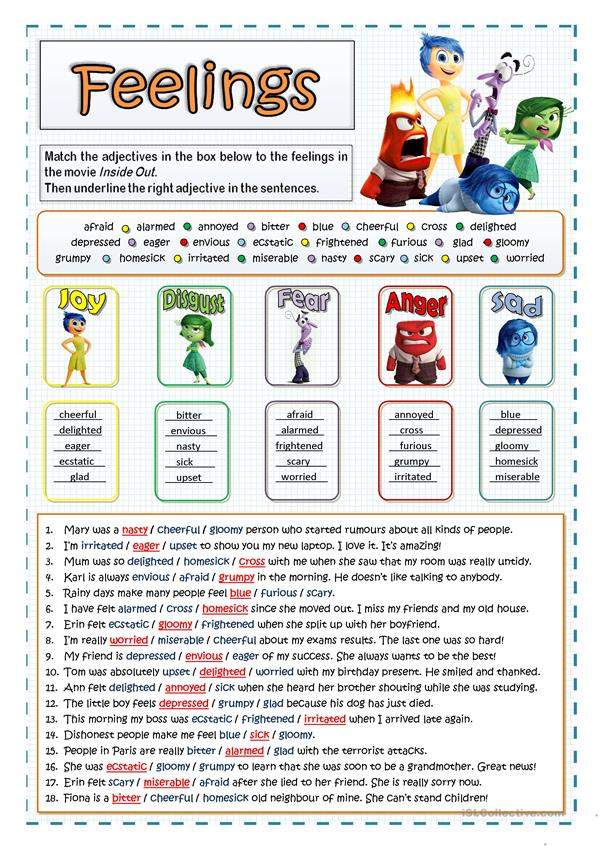 For example, “I got little sleep.” or “I did not drink any cocoa.”
For example, “I got little sleep.” or “I did not drink any cocoa.”
Demonstrative Adjectives
Demonstrative adjectives answer the question, “Which one?” by demonstrating the noun in the question. “I would like that flavor of ice cream, please.”
Possessive Adjectives
Possessive adjectives answer the question, “Whose?” They could be personal pronouns acting like adjectives (“My homework is missing!”) or possessive nouns (“Jose’s dog is hilarious!”)
Articles
These tiny but common words (a, an, and the) are called articles, and they act like adjectives because they limit the noun or pronoun.
Why Teach Adjectives?Knowing how to select quality adjectives is a writing skill. A noun is basic and vague; adjectives make that noun come alive! The right adjectives can create detailed pictures in the minds of the readers.
Understanding adjectives can also pave the way for foreign language learning.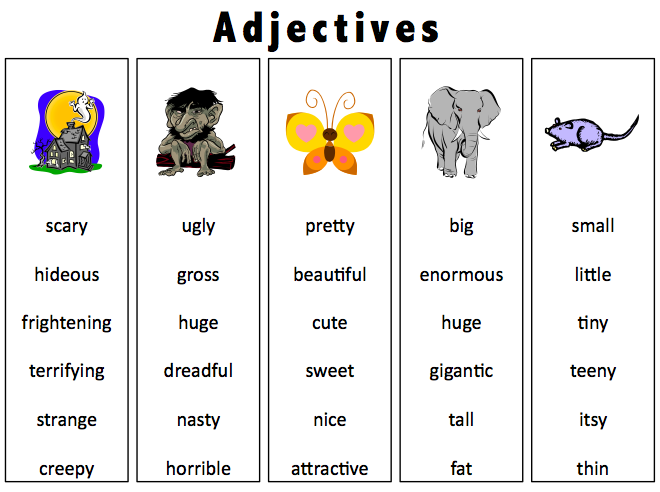 All languages have structure, and though you intuit most of the structure of your native language, you typically need formal instruction to learn another.
All languages have structure, and though you intuit most of the structure of your native language, you typically need formal instruction to learn another.
Most languages have special spelling and grammar rules that apply to adjectives, so understanding them in English is a jump start to understanding them in Spanish, Latin, or Mandarin.
Fun Ways to Teach AdjectivesAdjectives are a pleasure to teach and learn because they add a creative spark to composition. Why settle for more workbook pages when adjective activities are so enjoyable?
Parts of Speech Virtual Escape Room
Try this fun (and free!) Stormy Night Parts of Speech Virtual Escape Room and let your students practice identifying adjectives, adverbs, nouns, and verbs!
Mad Libs
Every grammar teacher owes the creator of Mad Libs a thank you. You can create a story where you ask for nouns and adjectives. If your students are ready to go deeper, ask for “adjectives of quality,” “adjectives of number,” etc.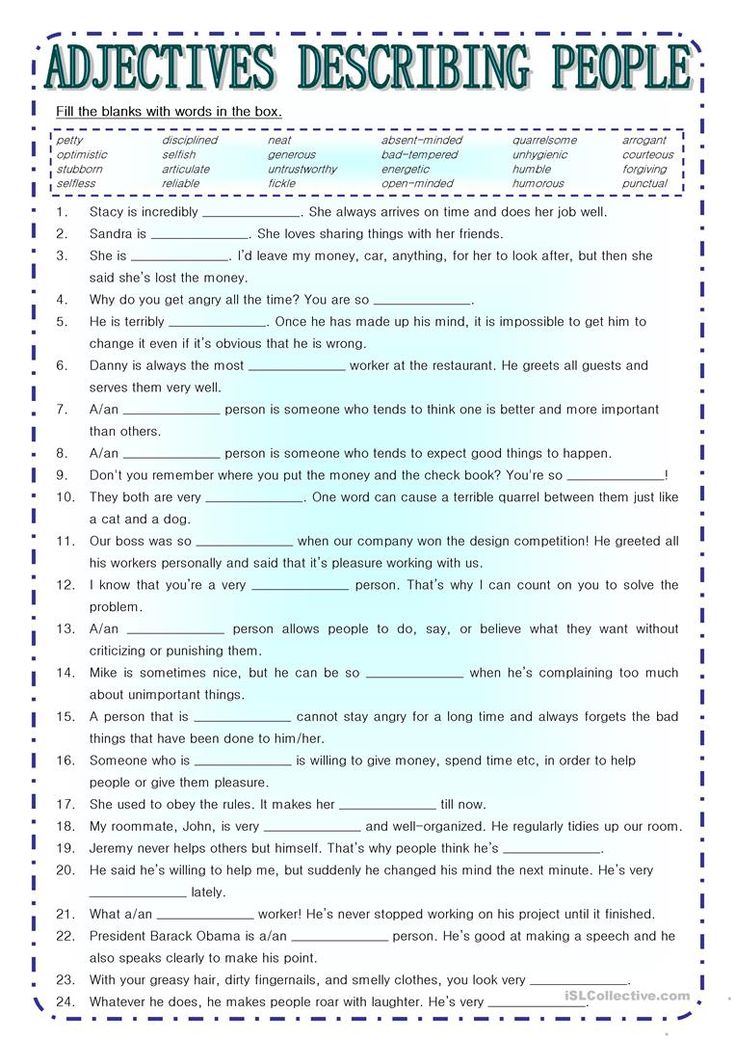
Sentence Stretch
Take a basic sentence and spice it up with adjectives. Watch the sentence stretch! You can work on this cooperatively, or each person can stretch the same sentence with vastly different results!
Describe This
Hold up a magazine photo or a funny meme. Ask the student, “What is the basic noun that is the subject of the picture?” Then add adjectives to describe the picture.
Your Cake, Your Way
Food is wonderful to describe because you can use adjectives that draw from all five senses: touch, smell, sight, hearing, and taste. Ask your students to describe their ultimate cake using detailed adjectives. You can prompt them with questions like:
- What flavor is your cake?
- What size is it?
- What does it smell like?
- What does it taste like?
- If you stuck your finger in it, what would it feel like?
I Spy
Did you know the game I Spy relies on adjectives? Use various adjectives to indicate objects in the room.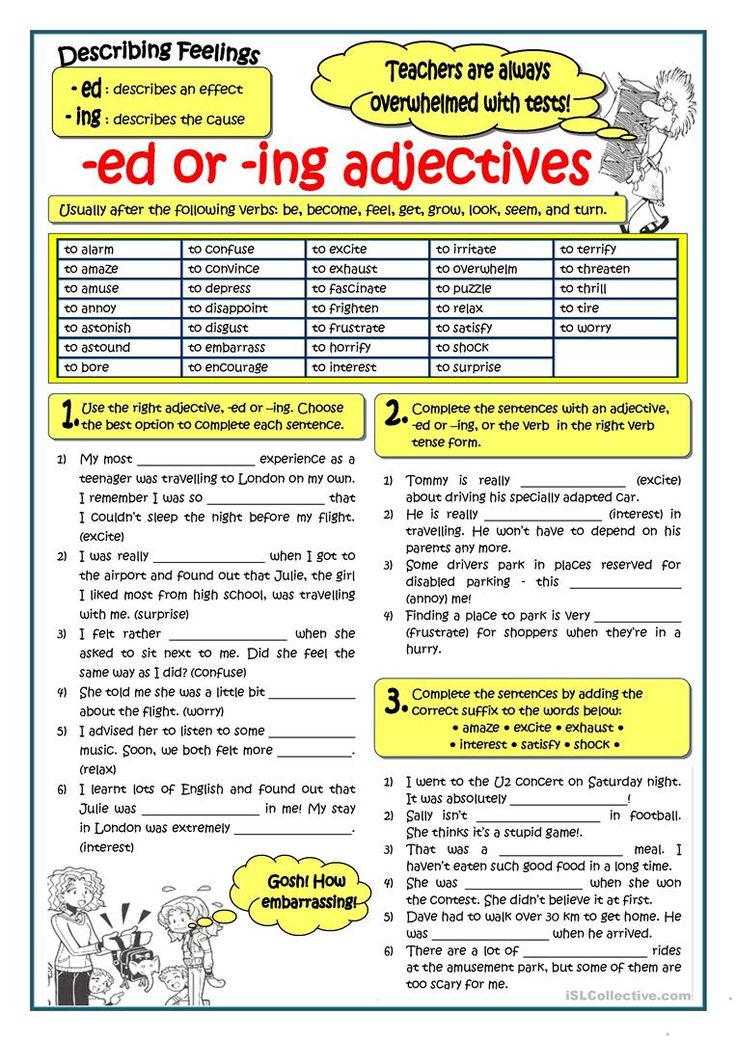 Go beyond color to include size and texture. For example, “I spy something smooth,” or “I spy something tiny.”
Go beyond color to include size and texture. For example, “I spy something smooth,” or “I spy something tiny.”
Adjective Scattergories
Place an object on the table. Set a timer for 2 minutes and have two students (or two teams) write as many adjectives that describe the object as they can. When the timer goes off, run through the list. If both students have the same adjective, it gets crossed off the list. Whoever has the larger number of unique adjectives wins the round.
How to Teach Adjectives to KidsStupendous, incredible, spectacular! Your lessons on adjectives are sure to impress your kids. This is one part of speech that is sure to make a splash with these creative adjective activities.
You May Also Like:- A Fun, No-Prep Way to Teach Writing to Kids
- How to Teach Paragraph Writing
- Teaching Writing: Ways to Say Said
Share with your friends!
3 shares
- Share
- Tweet
Adjective
- Home
- Keywords
- Adjective
-
Ranks of adjectives by meaning 2022
Author: Lekomtseva Larisa Mikhailovna
The purpose of the lesson: to study the categories of adjectives, to teach how to identify quality adjectives.
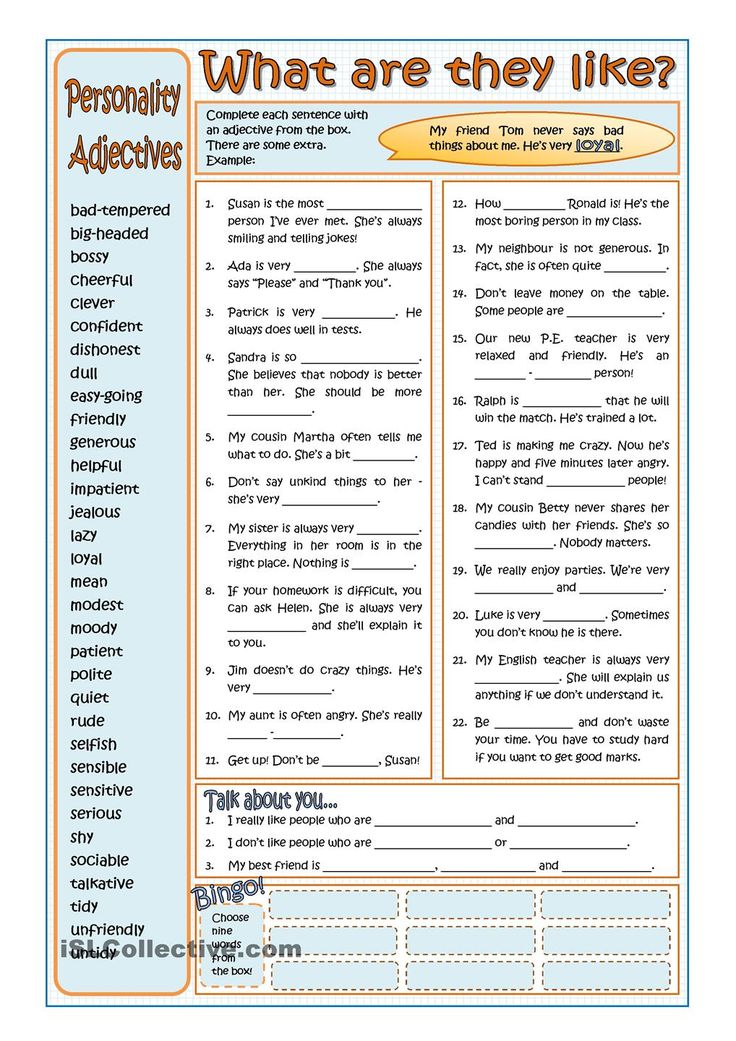 Tasks: to continue the study of the adjective as an independent part of speech; to introduce students to the categories of adjectives by meaning; to form the ability to determine the category of adjectives.
Tasks: to continue the study of the adjective as an independent part of speech; to introduce students to the categories of adjectives by meaning; to form the ability to determine the category of adjectives. Adjective , ranks of adjectives, adjective as part of speech
-
Synopsis of the Russian language lesson in the 6th grade "The meaning of adjectives in speech" for students with intellectual disabilities 2022
Author: Volken Lyubov Evgenievna
Lesson objectives: to consolidate students' knowledge about parts of speech, grammatical features of the adjective, its role in speech, sentence; to develop the ability to find adjectives in context, to use, based on the lexical meaning of the word.
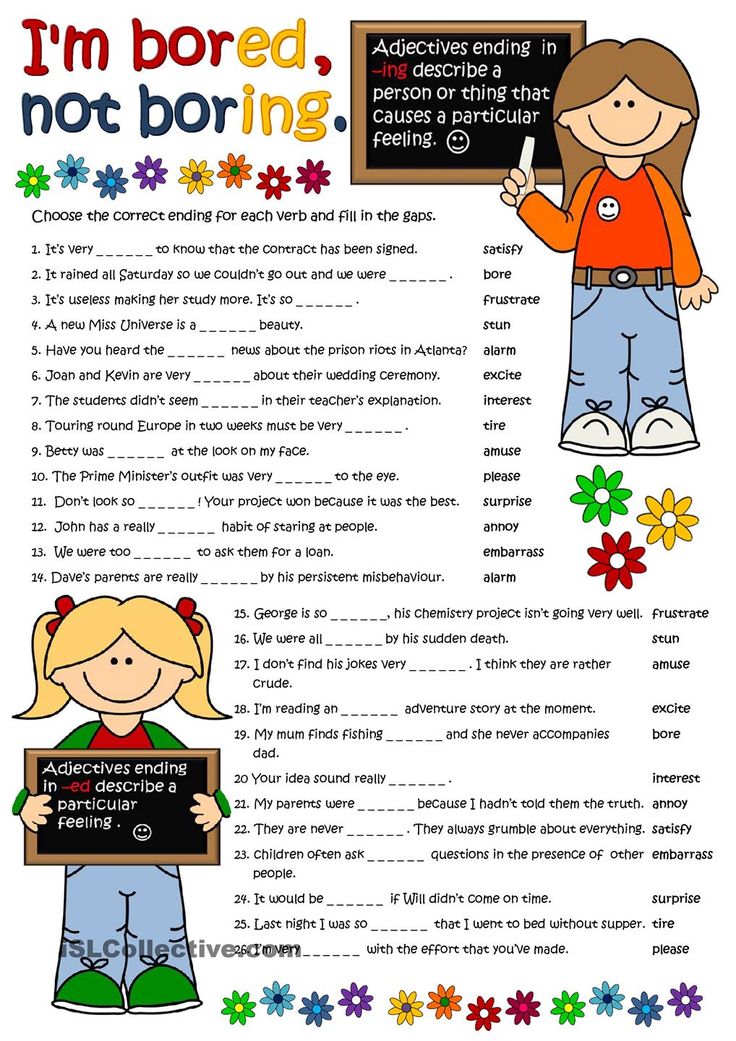
Adjective , adjective as part of speech
-
Russian language lesson in the 5th grade "Digits of adjectives" 2022
Author: Smelova Ekaterina Sergeevna
The purpose of the lesson: to consolidate knowledge of the categories of adjectives.
Adjective , ranks of adjectives
-
Generalization of knowledge about the name of the adjective on the material "Spring changes in nature" 2022
Author: Gusova Zalina Ramazanovna
The purpose of the lesson: to generalize and consolidate students' knowledge about the name of the adjective; develop the ability to accurately use adjectives in speech and writing; to form spelling skills of generic endings of adjectives; expand children's knowledge of the surrounding reality.
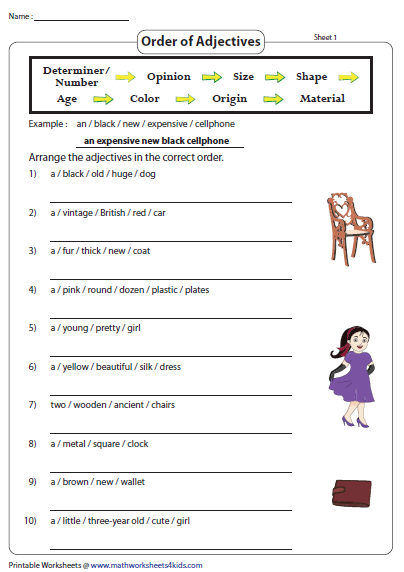
Russian language, Adjective , adjective as part of speech
-
Open lesson in the Russian language in the 5th grade "Generalization of knowledge about the adjective" 2022
Author: Tsikhieva Fatima Alexandrovna
The purpose of the lesson: the formation of educational competencies: informational, communicative, reflective in the subject area "Russian language" on the topic "Generalization of knowledge about the adjective."
Adjective , adjective as part of speech
-
Generalizing lesson on the topic "Adjective name".
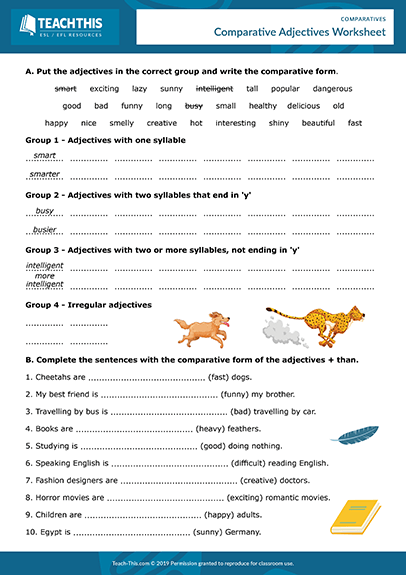 6th grade 2022
6th grade 2022 Author: Balagurova Natalya Mikhailovna
The purpose of the lesson: the formation of students' abilities to independently identify and correct their mistakes.
-
Technological map of the Russian language lesson in the 2nd grade on the topic "Adjective as a part of speech: meaning and use in speech. Relationship of an adjective with a noun (lesson 3)." 2022
Author: Ivanova Natalya Alexandrovna
The objectives of the lesson: to teach to determine and store in memory the cognitive learning task of the lesson, to implement its solution under the guidance of a teacher; clarify the idea of the adjective as a part of speech, its role in speech; to form the ability to single out phrases with adjectives from a sentence; put questions to adjectives; to cultivate a sense of respect for the Russian language, pride in the Russian language; based on the organization of pair and group work, teach children to argue their point of view, to negotiate and come to a common decision in joint activities, including in situations of conflict of interest; develop the ability to evaluate their achievements in the performance of lesson tasks.
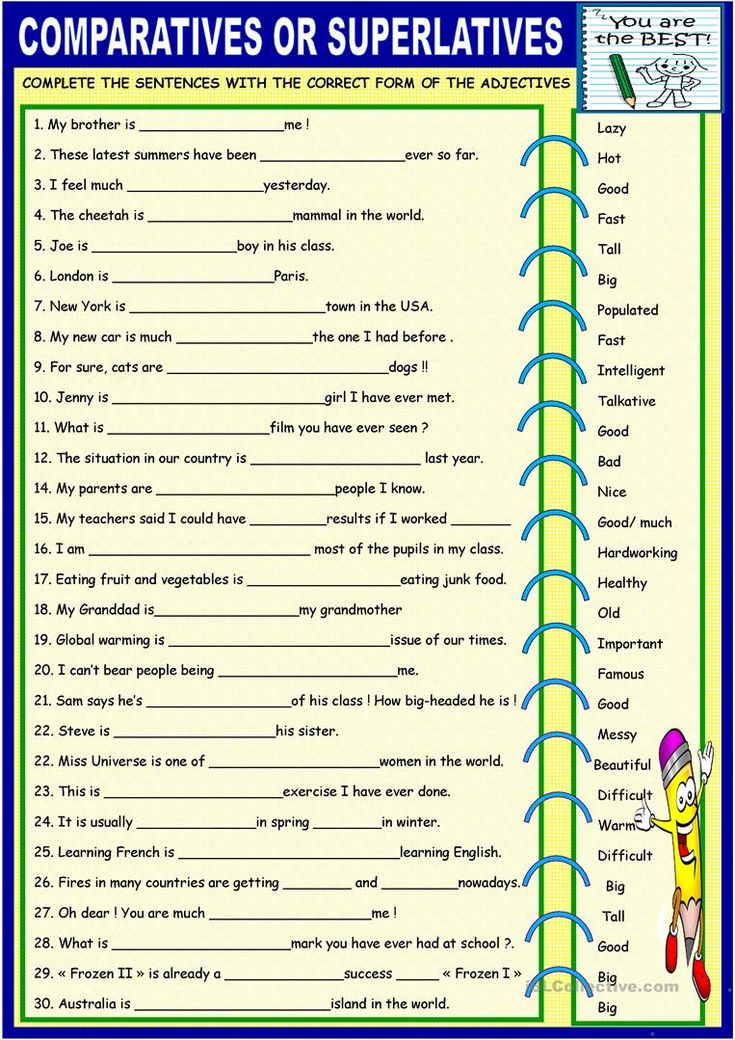
Russian language, Adjective , adjective as part of speech
-
Theme of the lesson: "The gender of adjectives." Technological map in Russian in the 3rd grade 2021
Author: Sapunova Natalia Alexandrovna
Lesson objectives: to update knowledge about the features of the adjective; organize activities to choose a way to determine the gender of an adjective, develop the ability to determine the gender of an adjective, form the ability to work with information, evaluate one's achievements when completing lesson assignments; create conditions for the formation of interest and respect for the Russian language; develop social skills.
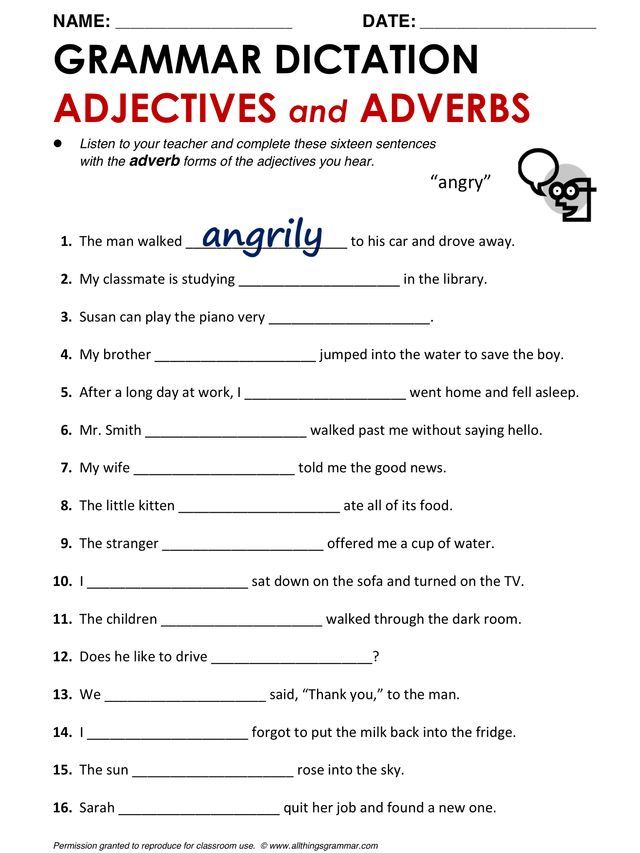
Russian language, Adjective , gender of adjectives
-
Adjectives in "The Tale of the Fisherman and the Fish" by A.S. Pushkin 2021
Author: Bogatkina Natalya Aleksandrovna
Purpose: to repeat the information about the adjective on the material "Tales of the Fisherman and the Fish" by A.S. Pushkin.
Adjective , A.S. Pushkin "The Tale of the Fisherman and the Fish"
-
Lesson on the topic "Repetition on the topic" Adjective name " 2021
Author: Komarova Albina Viktorovna
The objectives of the lesson: to update and systematize knowledge about the adjective, to deepen the understanding of the role of adjectives in speech, to form the ability to justify the choice of case endings for adjectives; spelling of spellings on the topic "Adjective".
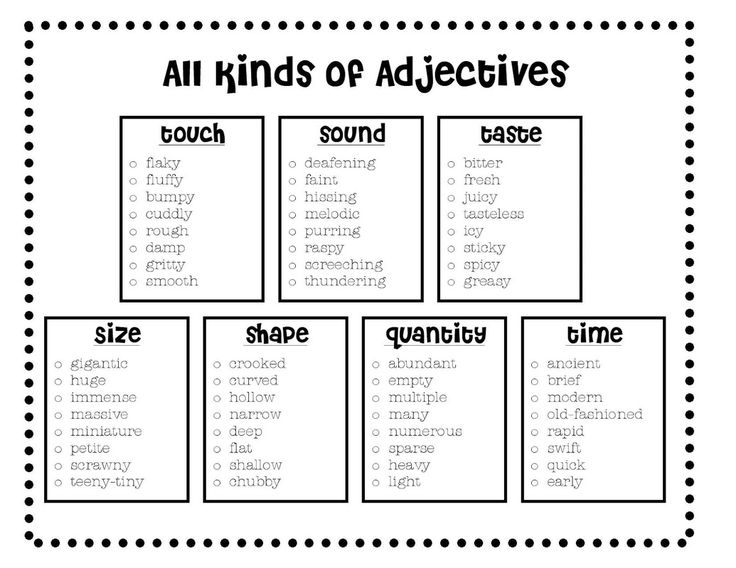
-
An open generalizing lesson on the topic "Adjective". 6th grade 2021
Author: Shkuleva Nadezhda Ivanovna
The purpose of the lesson: to repeat the general meaning of the adjective, its morphological features.
-
Lesson in Russian in the 6th grade on the topic "Word formation of adjectives with the help of suffixes" 2021
Author: Razina Olga Grigorievna
The lesson of the Russian language contributes to the development of communication skills of students, enrichment of the vocabulary of schoolchildren, teaches them to love their native language, peer, listen to the world around them, fosters a sense of beauty, develops creative abilities.
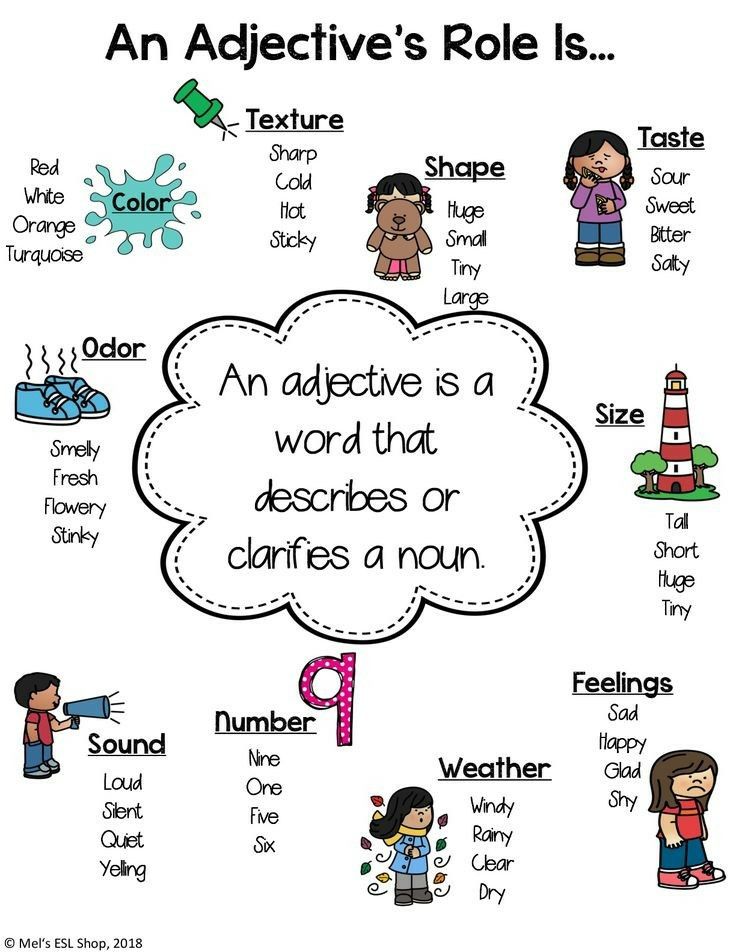
suffix, word formation, Adjective
-
Russian language lesson in the 5th grade on the topic "How nouns, adjectives and verbs change" (according to the program of M.M. Razumovskaya) 2020
Author: Borisova Natalia Anatolievna
The purpose of the lesson: deepening the knowledge gained in elementary school about how nouns, adjectives and verbs change.
verb, Adjective , noun
-
Lesson-journey on the topic "Adjective name" 2020
Author: Yamgurova Fleza Razhapovna
The objectives of the lesson: to update and restore knowledge about the name of the adjective, to deepen the understanding of the role of adjectives in speech, to write adjectives correctly, to explain spelling in them.
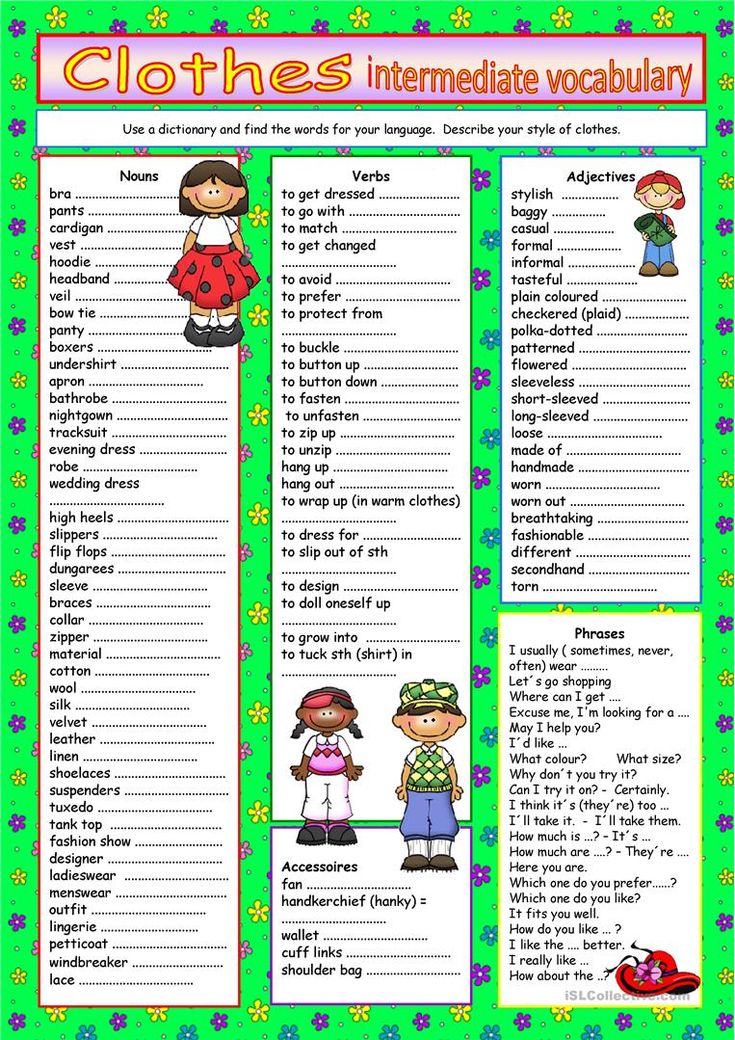
-
Russian language. Parts of speech 2020
Author: Petrenko Valeria Nikolaevna
The lesson is aimed at developing skills: to recognize parts of speech by questions and general meaning; correlate words - names (objects, signs, actions), questions to which they answer, with parts of speech. The lesson is accompanied by a presentation.
Adjective , parts of speech vocabulary of children, grammatical groups, signs of objects
-
Adjective.
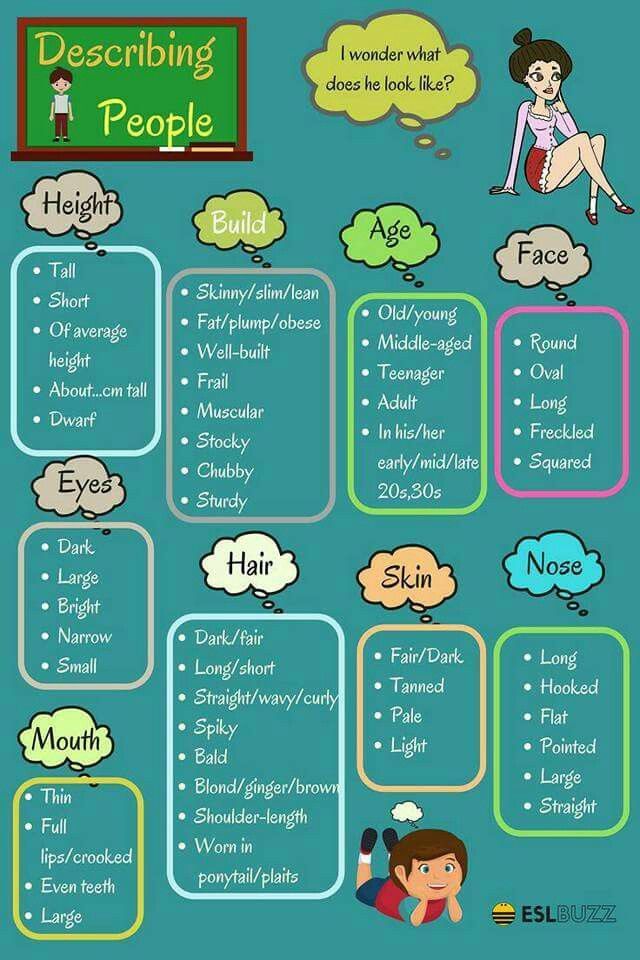 Generalization 2020
Generalization 2020 Author: Potaeva Lyudmila Semyonovna
The Russian language lesson was held in the 4th grade as part of the Russian language week and the month of military-patriotic education dedicated to the 75th anniversary of the Victory. The content is selected in accordance with the requirements of the program, the requirements of the Federal State Educational Standard, taking into account the preparedness of children and taking into account the age characteristics of this class. The material will be useful for teachers in primary school in the educational process and in extracurricular activities.
Russian language, generalization, adjective
-
Russian lesson on the topic "Adjective name" (speech development).
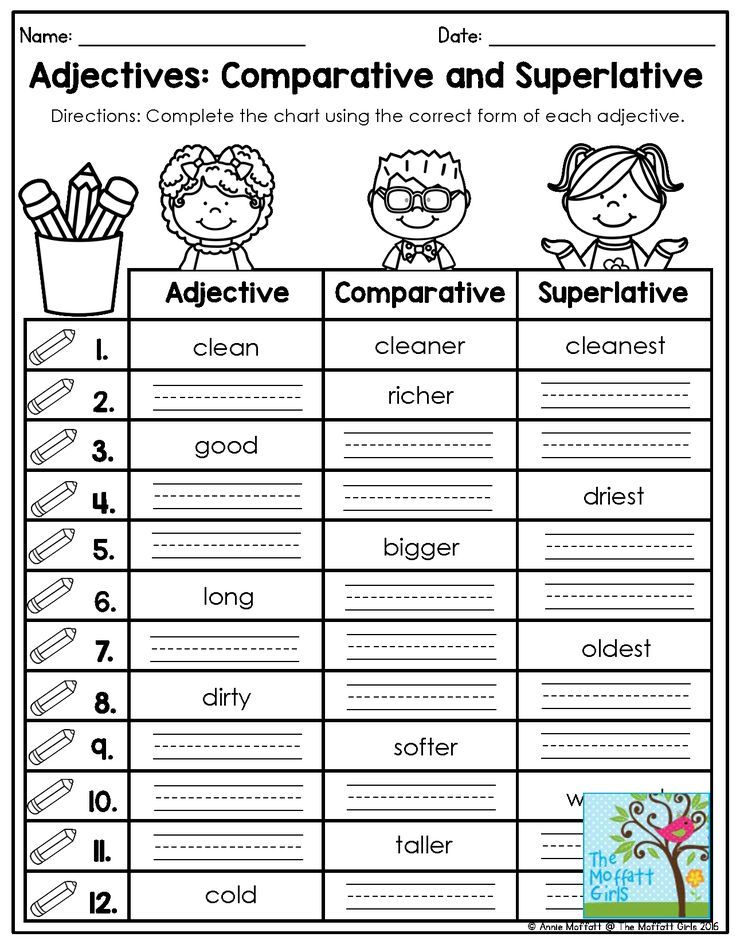 2nd grade 2020
2nd grade 2020 Author: Ryzhkova Olga Viktorovna
The objectives of the lesson: to improve the student's activity aimed at mastering ways to enrich speech; improve speech development skills; to form the ability to use adjectives in speech; cultivate aesthetic feelings, love for the native language.
Russian, Adjective
-
Morphological analysis of adjectives. 5th grade 2020
Author: Semenova Elena Viktorovna
The purpose of the lesson: the formation of students' ability to conduct a morphological analysis of adjectives, the development of skills to apply the knowledge gained when performing a morphological analysis of adjectives in practice.
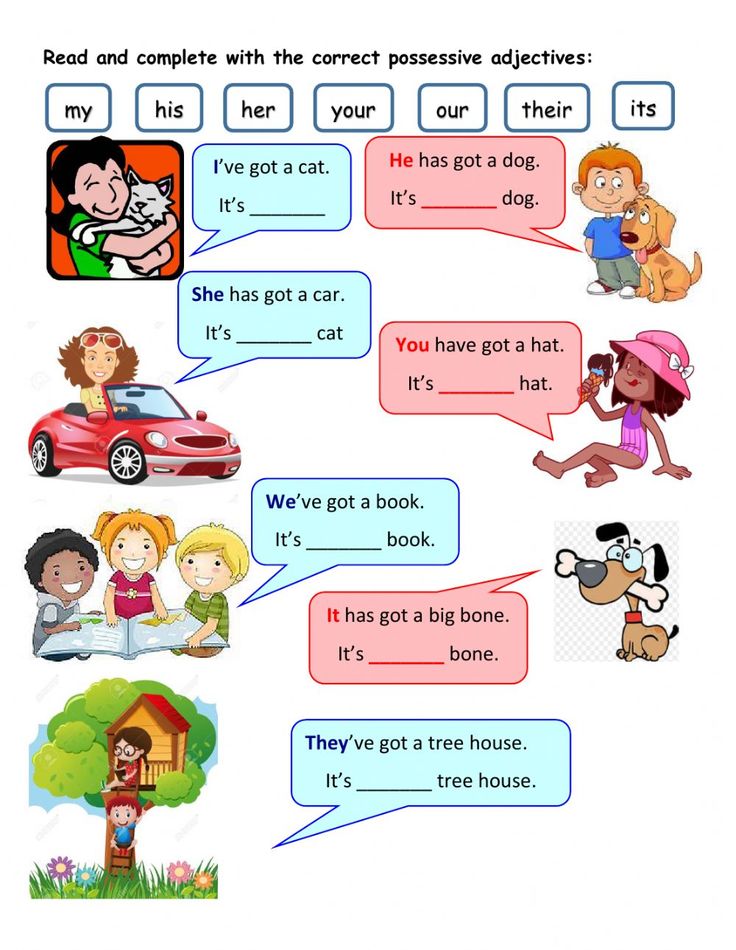
-
Russian language lesson. Adjective 2020
Author: Mikova Anna Valerievna
The purpose of the work: to create conditions for familiarizing students with the concept of "adjective"; to promote the development of spelling skills and the formation of skills to work with dictionaries; distinguish adjectives from nouns: write compound words; form ideas about the dependence of the gender of adjectives on the nouns to which they refer.
-
Russian language lesson in the 2nd grade on the topic "The lexical meaning of adjectives" 2020
Author: Sokolovskaya Elena Petrovna
The purpose of the lesson: to identify and summarize the main groups of lexical meanings of adjectives.
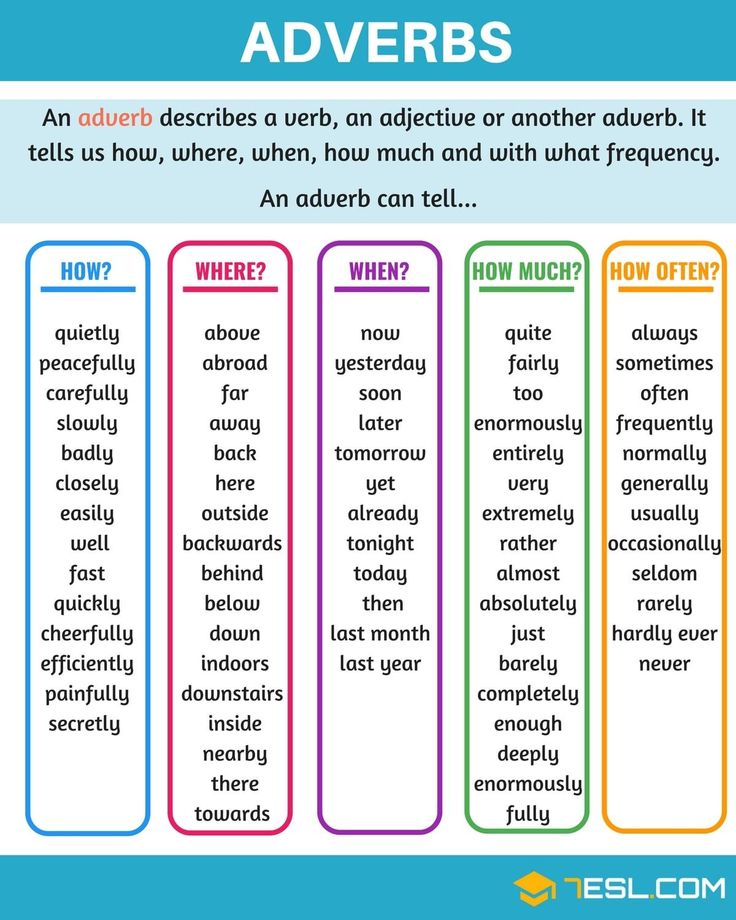
Russian, Adjective
-
Lesson in Russian for the 2nd grade: Adjective as a part of speech. Relationship between an adjective and a noun 2019
Author: Akhmetzhanova Bayan Ulanovna
participate in a dialogue, expressing your opinion and listening to the opinions of others, formulate questions based on keywords, answer questions on the content of what you have read, distinguish between nouns, adjectives, verbs, prepositions, determine their role in a sentence.
Adjective , noun, parts of speech
-
Visiting the adjective "Kind" (repetition on the topic "Adjective name").
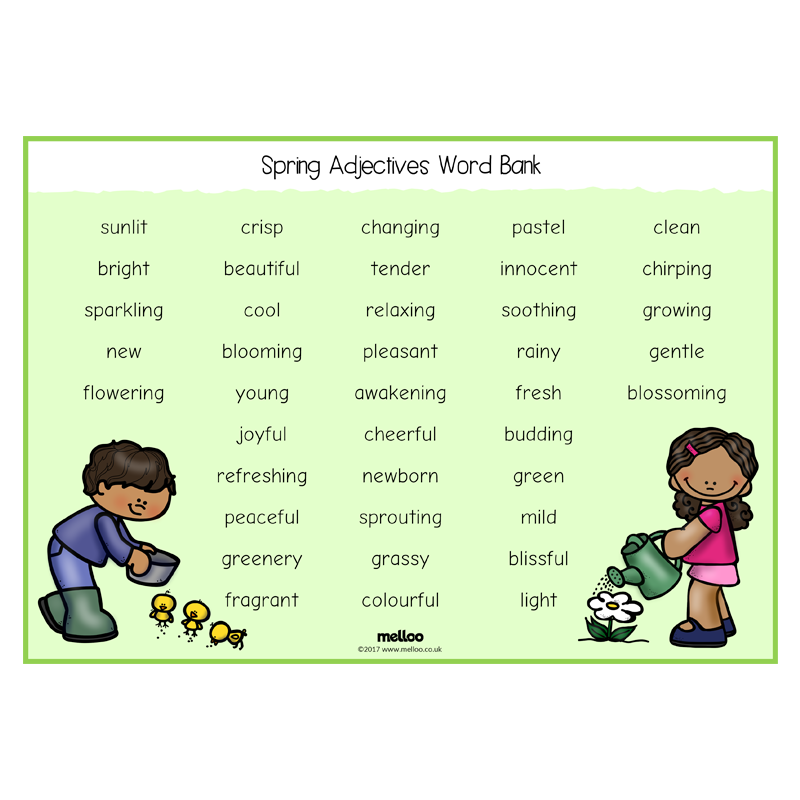 6th grade 2019
6th grade 2019 Author: Kaligina Ekaterina Anatolyevna
The purpose of the lesson: to systematize and generalize students' knowledge on the topic "Adjective".
Russian, Adjective
-
Adjective. Generalization and systematization of the studied material 2019
Author: Buslaeva Tatyana Aleksandrovna
The purpose of the lesson: identifying the level of knowledge in the section "Adjective", its systematization, formulating a generalization of knowledge in the subject "Russian language".
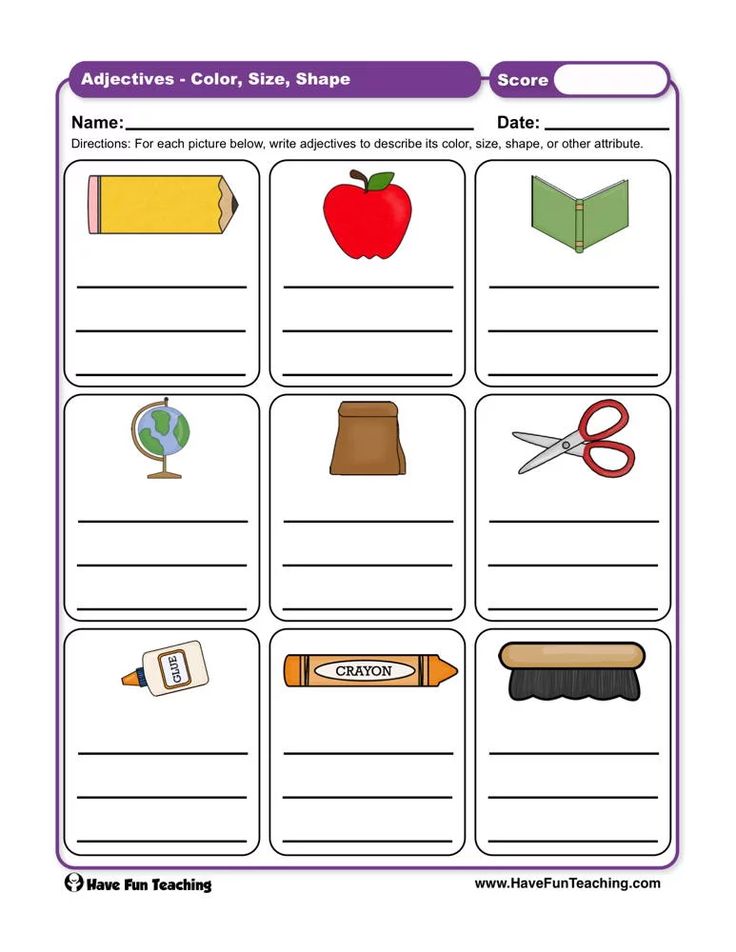
-
Technological map "One and two letters H in adjective suffixes" 2019
Author: Potorochina Olga Sergeevna
The purpose of the lesson: to study the conditions for writing one and double H in the suffixes of adjectives and be able to justify the choice of their spelling.
suffix, Russian language, GEF, Adjective , Н and НН in adjective suffixes
-
Adjective. 6th grade 2019
Author: Zhirnov Alexey Anatolievich
The purpose of the lesson: to repeat and consolidate the knowledge of students about the name of the adjective.
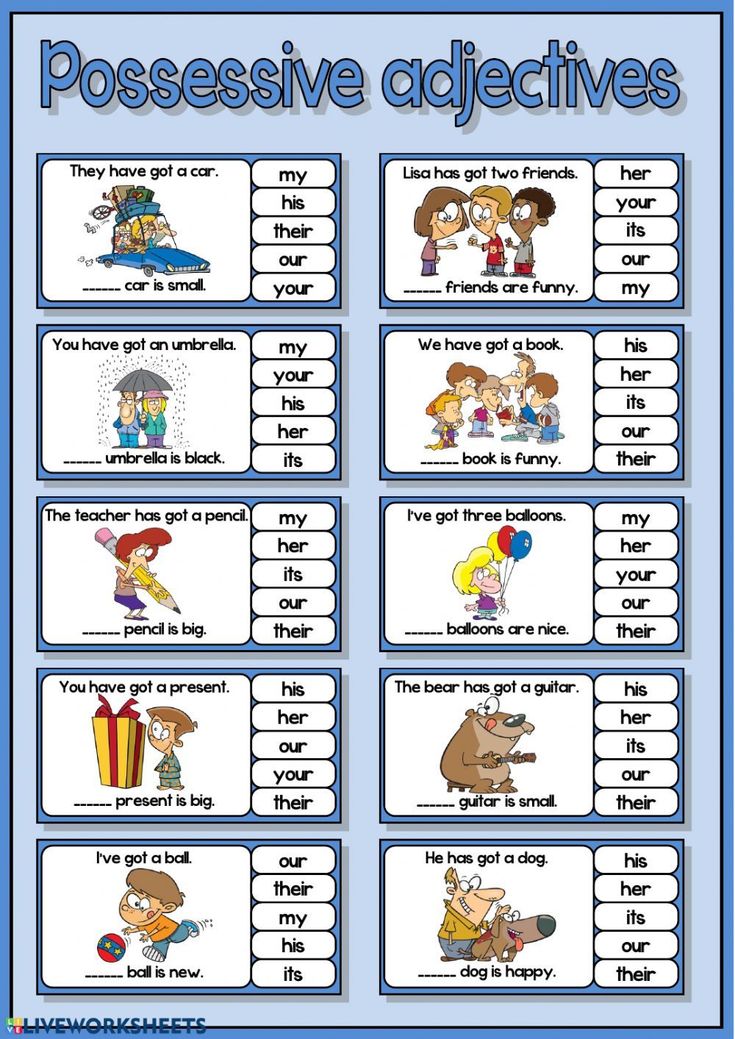
-
Places of adjectives (based on the theme "Theatre") 2019
Author: Kiseleva Lyudmila Vasilievna
Lesson objectives: repeat the ranks of adjectives by value; to form the ability to determine the category of adjectives.
theater, Adjective
"Adjective name". Russian language. 6th grade
Conceptual goal: development of speech literacy
Tasks:
- repeat knowledge about adjectives;
- deepen understanding of the role of the name adjective in speech;
- to consolidate the skill of working with text;
- to teach correct, coherent speech.
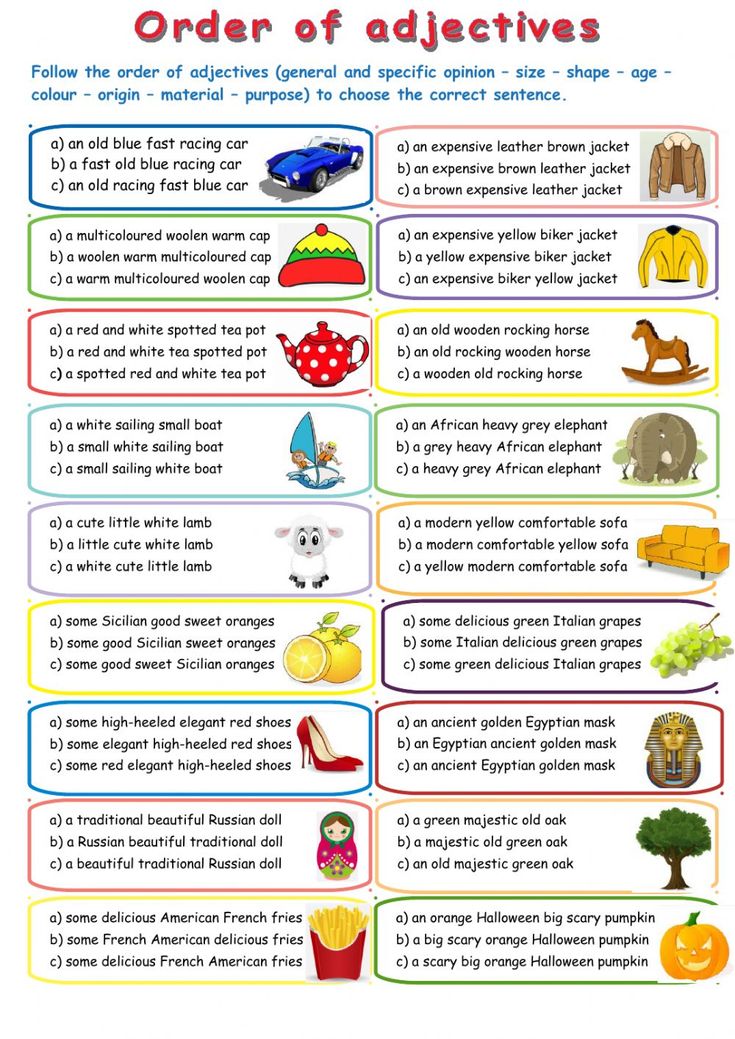
Problematic question: What do we know about the name adjective?
Solutions:
- what is an adjective
- morphological features
- spelling
- syntax role
- role in speech
Best option: adjective part of speech that answers the question what? what?, whose?, what? and others. Changes in numbers childbirth (only in the singular), cases. Agrees with a noun in gender number and case. Names in a sentence adjectives are definitions or predicates. In addition, adjectives make our speech more accurate, figurative, clear - this is their meaning in speech.
Thesis:
Adjective - fascinating part of speech!
Everyone knows about the subject - whose? which? what else!
Clarifies, decorates, creates an image for all of us!
Morphology people rejoice and rejoice!
1.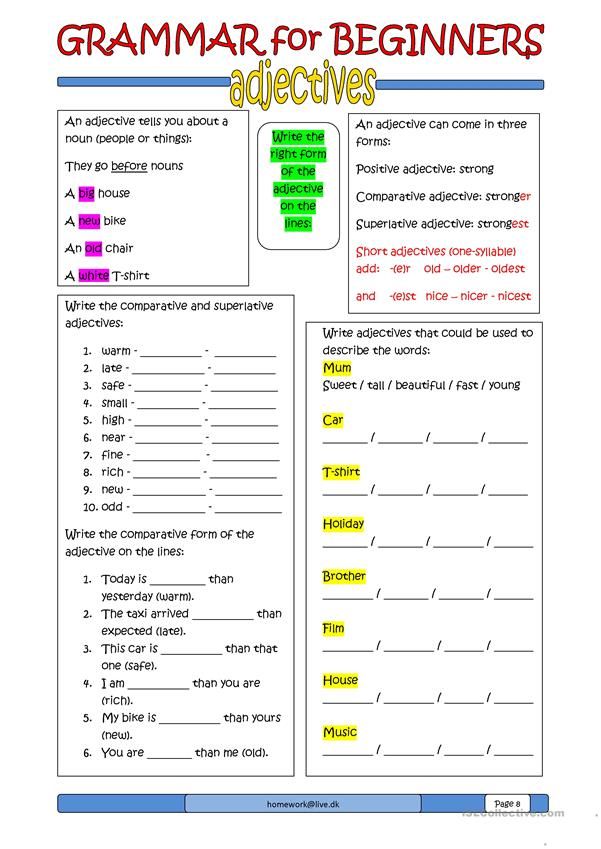 ORGMOMENT.
ORGMOMENT.
2. TEACHER'S WELCOME TO CHILDREN.
SLIDE -1 “Karamzin” (see APP)
3. GOAL-SETTING.
SLIDE-2 “Target” (see APP)
4. UPDATE OF KNOWLEDGE AND STATEMENT OF THE PROBLEM.
Introductory dialogue.
-Name the branch of language science in which we working?
-What is he studying?
-What parts of speech do you know?
SLIDE - 3 “Morphology” (see APPENDIX)
-Today we will meet with the next part speech. But first you need to determine the topic of the lesson, set a goal, name solutions.
(Writing on the board)
There is a series of slides on the topic “How beautiful this world!" accompanied by music and words of the teacher.
-Life is beautiful and amazing! Ambient our world is full of colors, emotions, smells, states. He is either sad, or cheerful, or red, or blue. It can be thick and thin, sour and sweet! He is so different, but so beautiful and Darling!
- Which part of speech do you think is more accurate? describe the world around us?
- Adjective.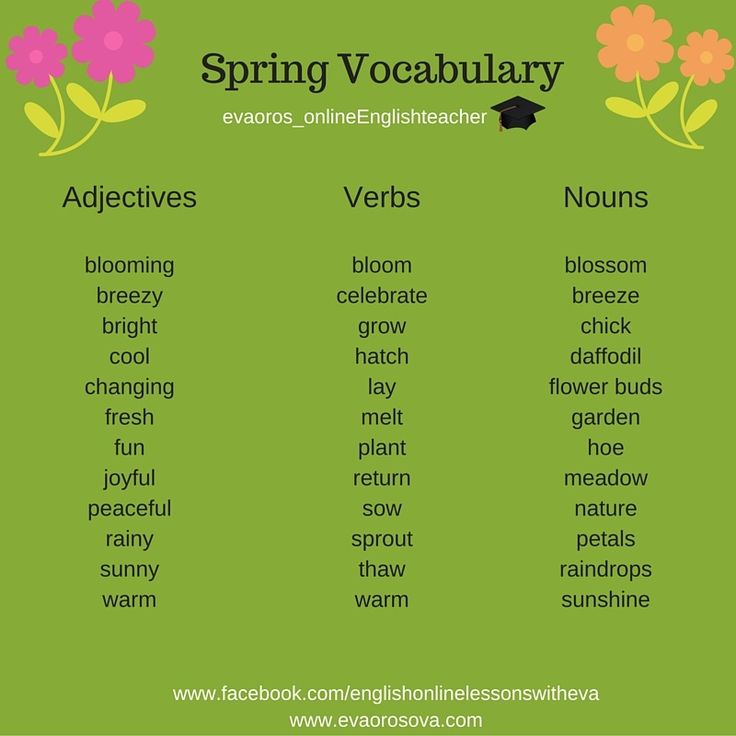 So, the topic of the lesson: name adjective.
So, the topic of the lesson: name adjective.
SLIDE-4 “Adjective” (see APPENDIX)
-What problematic question would you put on today's lesson? WHAT DO WE KNOW ABOUT
ADJECTIVE?
-Determine the answers:
- what is an adjective
- morphological characters
- spelling of adjectives
- syntax role
- role in speech
- methods of education, etc.
- Well done!
PHYSMINUTE.
5. JOINT DISCOVERY OF KNOWLEDGE AND THEIR REINFORCEMENT.
TEXT WORK.
Evening has come. Xin plays in the glow of the sunset. Dusk thickens on the horizon. Sunset solemn, strict and yet hot. And sad to think at this moment that this miracle will soon be gone.
– Read the text.
-Determine the style and type of text (fiction, description).
-What is the theme of the text and the main idea? ( sunset, last sentence)
- Do you have a desire to change something in text?
-Add adjectives to the text.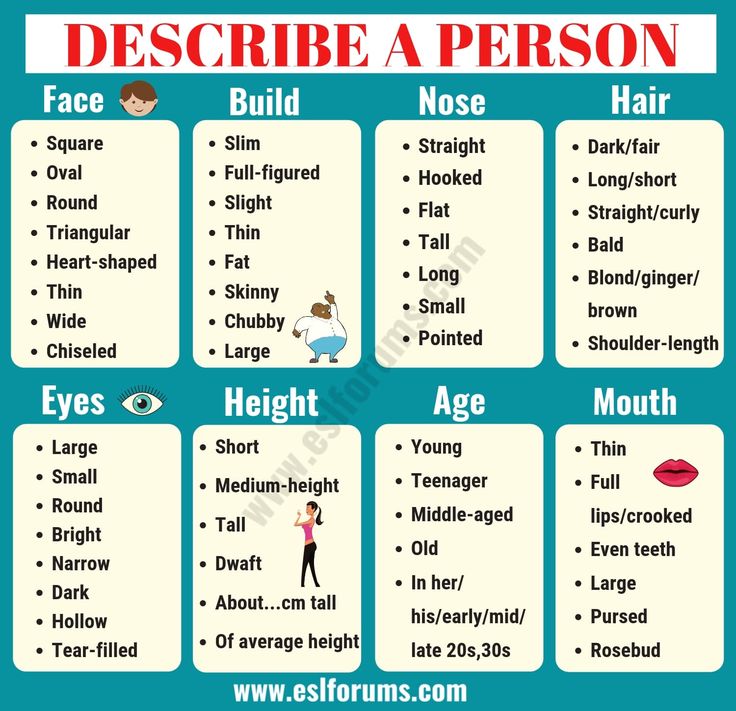 Be be careful!
Be be careful!
SLIDE - 5 “Find and paste” (see APP)
Independent work.
- Let's check!
-Read the first text and then the second and compare.
-Which one did you like more and why?
- Draw a conclusion about the role in the speech of names adjectives.
-Now let's talk about morphological features. What it is?
- What are the morphological features can you name an adjective? (kind in unit number, case, number).
SLIDE - 6 “Morphological features” (see APPENDIX)
-Let's turn to our adjectives.
-How can we determine their morphological signs?
-To what part of speech names are “attached” adjectives?
(to a noun).
-So, determine the morphological features adjective can be by name noun.
-Let's write out phrases from the text adjective + noun.
Independent work.
-Check!
SLIDE - 7 “Check” (see APPENDIX)
- What is the main word in them?
-What are such phrases called?
-So, we determine the gender, number, case of names adjectives.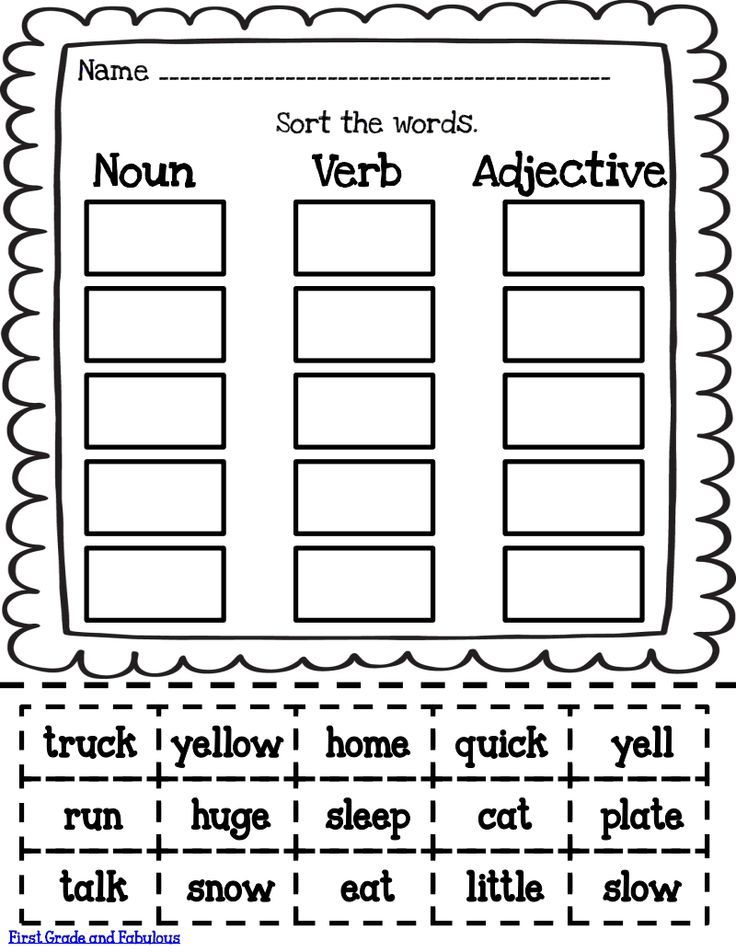
-What is the syntactic role adjectives?
- Let's parse the second, third and fourth sentences.
Violet haze thickens on the horizon loud twilight.
(narrative, non-exclamation, simple, extended).
The sunset is solemn, strict and still hot. (narrative, non-exclamation, rapprostr., simple).
Celestial blue plays in the crimson glow sunset. (narrative, non-excited, spread, simple)
- We draw a conclusion.
SLIDE - 8 “Syntactic role” (see APPENDIX)
- In what names do you think adjectives we met their spelling?
-So, we draw a general conclusion.
SLIDE - 9 “Adjective (generalization)” (see APPENDIX)
-Well done!
6. REFLECTION.
-At the beginning of the lesson, each of you put before is a goal. Let's get back to them.
SLIDE - 2 “TARGET” (see APPENDIX)
-Who worked on what quality? What do you have worked and what didn't?
-What was remembered in the lesson about the name adjective?
-What did you remember most of all, did you like it?
-Who is tired?
7.